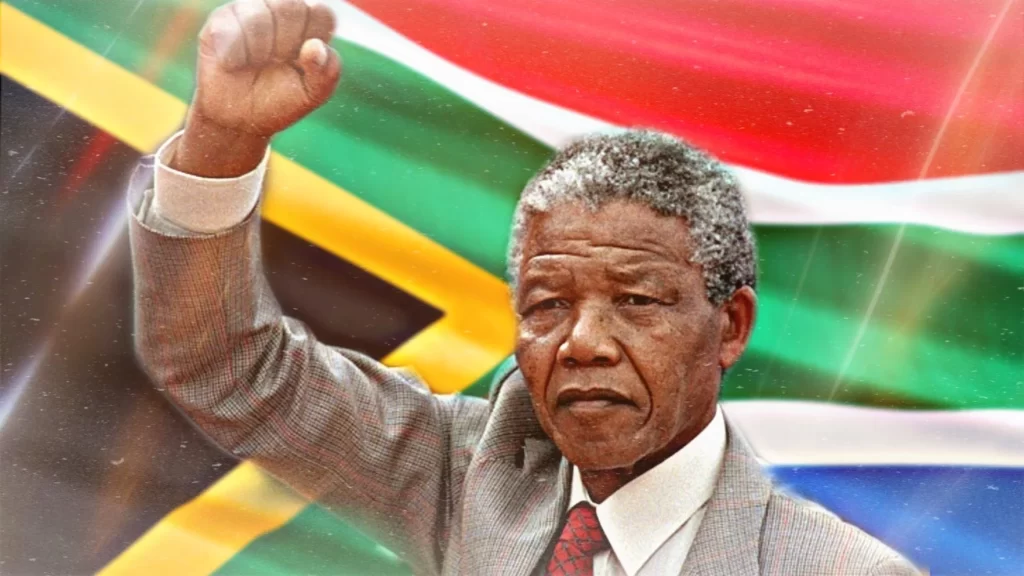
Nelson Mandela, fondly known as Madiba, was not just a political figure; he was a symbol of hope, resilience, and determination. Born on July 18, 1918, in the small village of Mvezo, South Africa, Mandela’s rise from humble beginnings to global icon status is nothing short of extraordinary.
Early Life and Education
Mandela’s early years were deeply influenced by the traditions of the Thembu people. As the son of a tribal chief, he learned leadership and responsibility early on. His formal education began at a local missionary school and continued at the University of Fort Hare, one of the few institutions for black South Africans at the time. Although expelled for participating in a student protest, this experience ignited his lifelong fight against oppression and inequality.
The Fight Against Apartheid
Mandela’s political journey began in 1943 when he joined the African National Congress (ANC). As a young lawyer, he co-founded the ANC Youth League, pushing for more radical methods to dismantle apartheid—a system that enforced racial segregation and stripped black South Africans of their rights.
His activism came at a high personal cost. In 1962, Mandela was arrested and sentenced to life imprisonment for his anti-apartheid activities. He spent 27 years in prison, most of them on Robben Island. Despite harsh conditions, Mandela remained hopeful, using his time to educate himself and others while steadfastly refusing to compromise his principles.
Leadership and Reconciliation
Mandela’s release from prison in 1990 marked a turning point in South Africa’s history. He led negotiations with the apartheid government, paving the way for the country’s first democratic elections in 1994. Elected as South Africa’s first black president, Mandela’s leadership symbolized the triumph of justice over oppression.
One of Mandela’s defining qualities was his commitment to reconciliation. Rather than seeking revenge, he promoted forgiveness and unity. Through initiatives like the Truth and Reconciliation Commission, Mandela helped heal a nation deeply scarred by decades of racial injustice.
A Global Icon
Mandela’s influence extended far beyond South Africa. He became a global ambassador for peace, human rights, and social justice. His humility, wisdom, and unwavering dedication inspired millions. In 1993, he was awarded the Nobel Peace Prize, recognizing his efforts to bring change through peaceful means.
Legacy
Nelson Mandela passed away on December 5, 2013, but his legacy endures. Mandela Day, celebrated annually on July 18, encourages people to dedicate 67 minutes to community service, reflecting the 67 years he spent fighting for social justice. His life remains a powerful reminder that one person’s courage and compassion can change the world.
Conclusion
Nelson Mandela’s story illustrates the power of resilience, forgiveness, and dedication to justice. He taught us that leadership is about service, not power, and that hope can triumph over adversity. As the world continues to face inequality and injustice, Mandela’s life serves as an enduring inspiration for generations to come.


